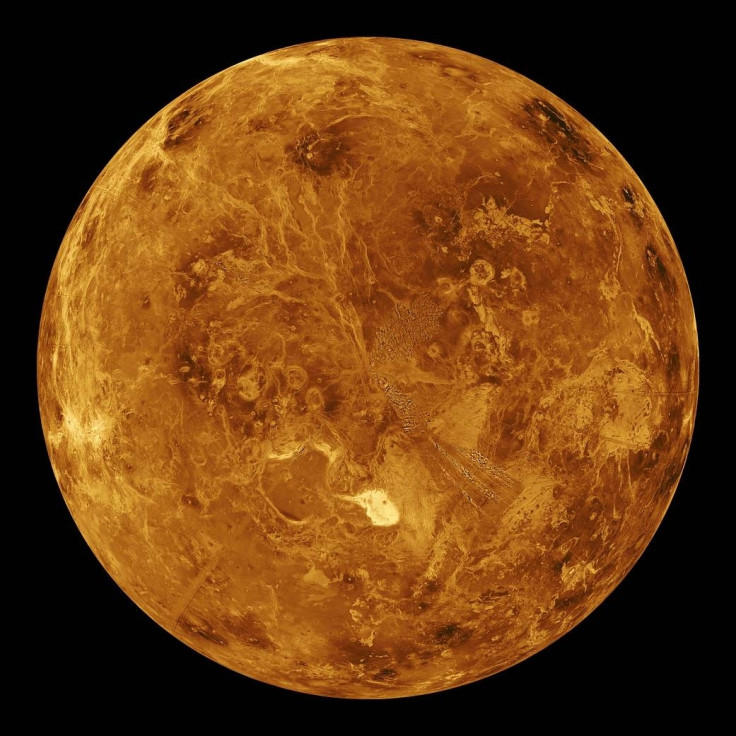Venera-D: Russia plans to land on Venus and build an interplanetary station in its vicinity
"A comprehensive program for research on Venus and for creating an interplanetary station there is being developed."

Russia's federal agency for scientific organisations (Fano) and the Space Research Institute of the Russian Academy of Sciences, are working on presenting a comprehensive programme to launch a space probe to Venus. They are also planning to have an interplanetary station in its vicinity.
"A comprehensive program for research on Venus and for creating an interplanetary station there is being developed. The first concept conference with participants in the Venera-D (Venus Long-Lived) has been held. The Russian Academy of Sciences' Space Research Institute has been appointed as the program's leader," Fano's press service told Russian news agency Tass.
Fano has said that the programme is still at an initial phase.
The time frame for the programme remains unclear at this time, according to the report.
"We will be able to disclose the deadlines only after an official document has been adopted. The program will be repeatedly discussed by scientists and organizations concerned first. It will be possible to discuss specific tasks after that," Fano said.
Earlier, reports citing Russia's Space Research Institute's researcher Lyudmila Zasova had said the Venera-D would have two components — an orbiter and a descent module which will transmit data non-stop. It was also reported that the orbiter would be operational for three years. The landing module would last on the surface of the planet two hours, reports had said.
Zasova had also speculated that the Angara-A5 rocket would be used for this project, which could happen in 2026-2027. The total mass of the probe is expected to be around 6.5 tonnes.
This comes at a time when Russia has already said that they want to partner with Nasa in developing a "Deep Space Gateway" near the Moon to enable travel to distant planets. Japan has also shown interest in this project, saying it will even offer to share docking technology for a chance to put Japanese researchers on the Moon. It is, however, not clear at this time if Russia will work on their Venus probe at the same time or if it will be pushed to after the Gateway is completed.
Work on the Gateway is expected to start in the early 2020s.





















